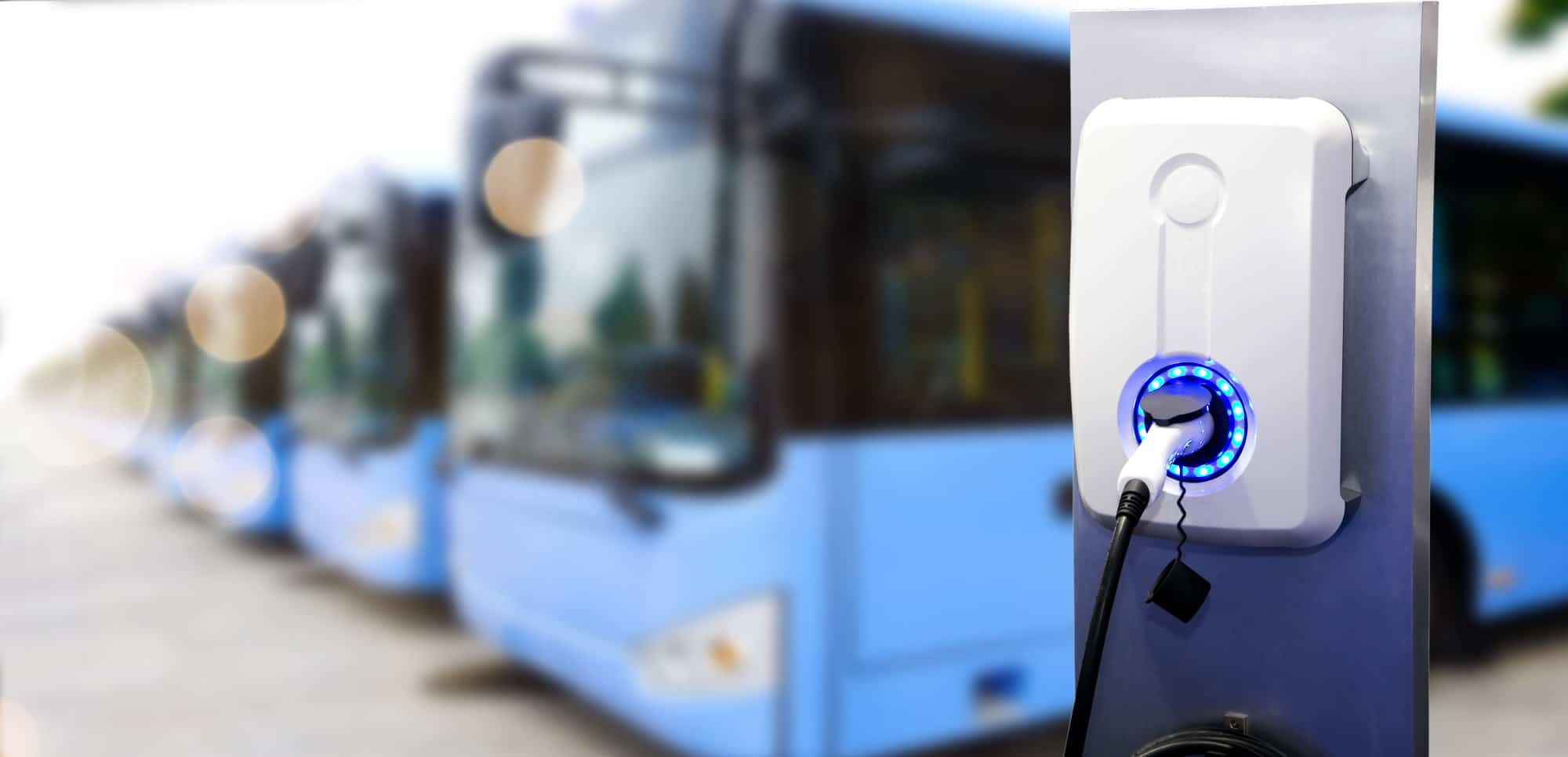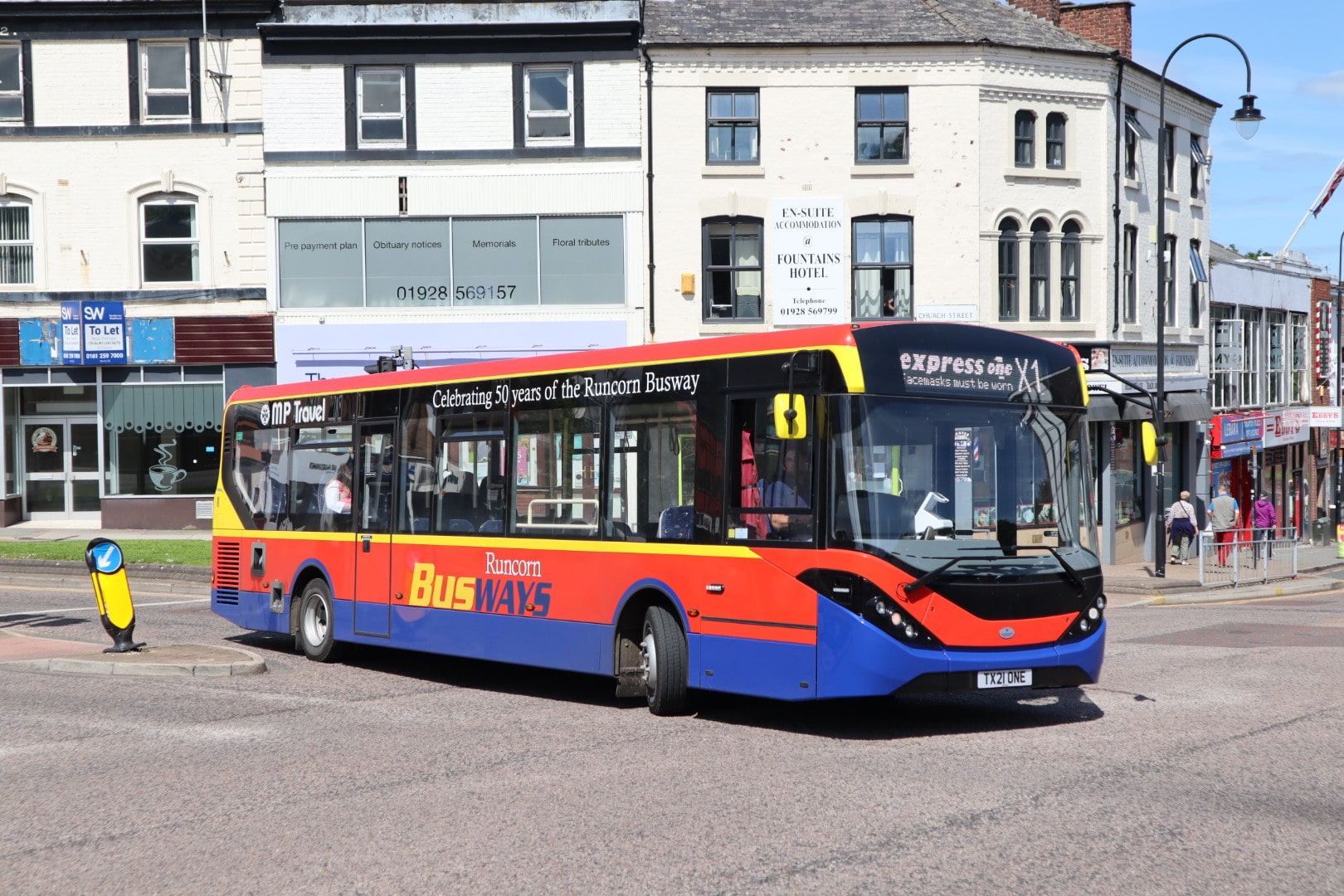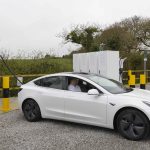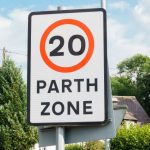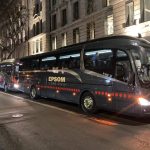Alternative approach for ZEBRA scheme could encourage a lot more ‘game theory win-win outcomes’
Did you know that the knock-out rounds of Euro 2020 were a classic example of a ‘zero-sum game’?
In this phase, two teams that have cost gigantic amounts of money to assemble play matches where there can only be one winner. This can make exciting television, but it’s a frustrating end for those elite players that lose a tight game. No excuses, VAR decisions may be dodgy, but you are on the plane home.
I was delighted to be told that Blackpool Council’s expression of interest for Zero Emission Bus Regional Areas (ZEBRA) funding has found favour with the DfT’s Green Team. If we are successful in Phase 2, the money will unlock at least two other important strands in our business plan. We sorely need to replace the company’s pre-war bus depot and kick-start a big modal shift from private car usage to public transport by increasing bus service frequencies.
The fund has up to £120m and will cover up to 75% of incremental costs of electric buses and the same percentage of the cost of electrical infrastructure. The problem is that this is a competition and not an apportionment of a fixed pot. ZEBRA is another ‘zero-sum game’ with a few big winners who have match-winning moves to help meet carbon reduction targets and improve local air quality.
Hopefully, the prospect of so much financial support and the belief that there will be follow-up ZEBRA schemes will encourage Local Transport Authorities (LTAs) and bus operators to keep sharpening their arguments and applying for funding.
My alternative is to propose there be a much larger fund with rules about how ZEBRA support is required to fit into the Enhanced Partnership calved from the National Bus Strategy. There could be a commitment from the LTAs that its ancillary fleet would have a higher percentage of electric vehicles, syllabuses at local colleges to produce more engineers qualified to work on electric vehicles, and all applications would have to have matched funding by bus operators.
Knowing that a certain standard of ambition will be rewarded should encourage wider participation and a lot more game theory win-win outcomes, whereby air quality targets will be met through local actions. The newly announced BSOG incentive of 22p/km in England for zero-emission buses is a good example of this style of thinking and would work well with the idea of a points-based ZEBRA rather than the current knock-out format.
Finally, later this month I’ll be embarking on my first coach holiday accompanied by CPT Regional Manager Andrew McGuinness. I look forward to telling you all about it in my next column.





